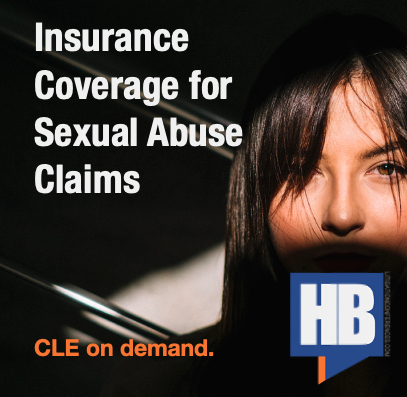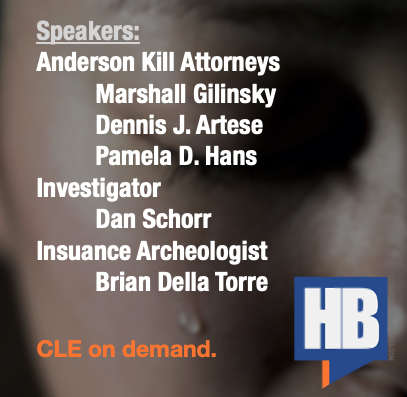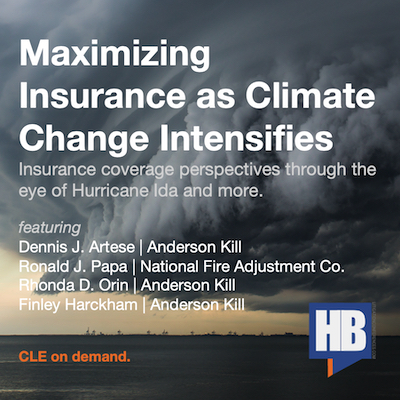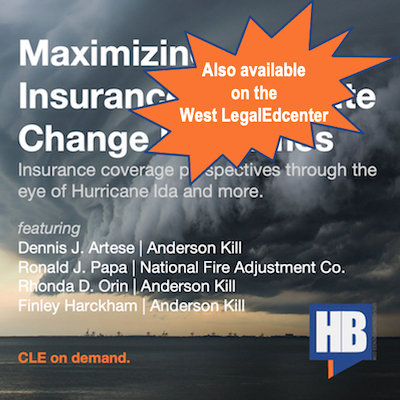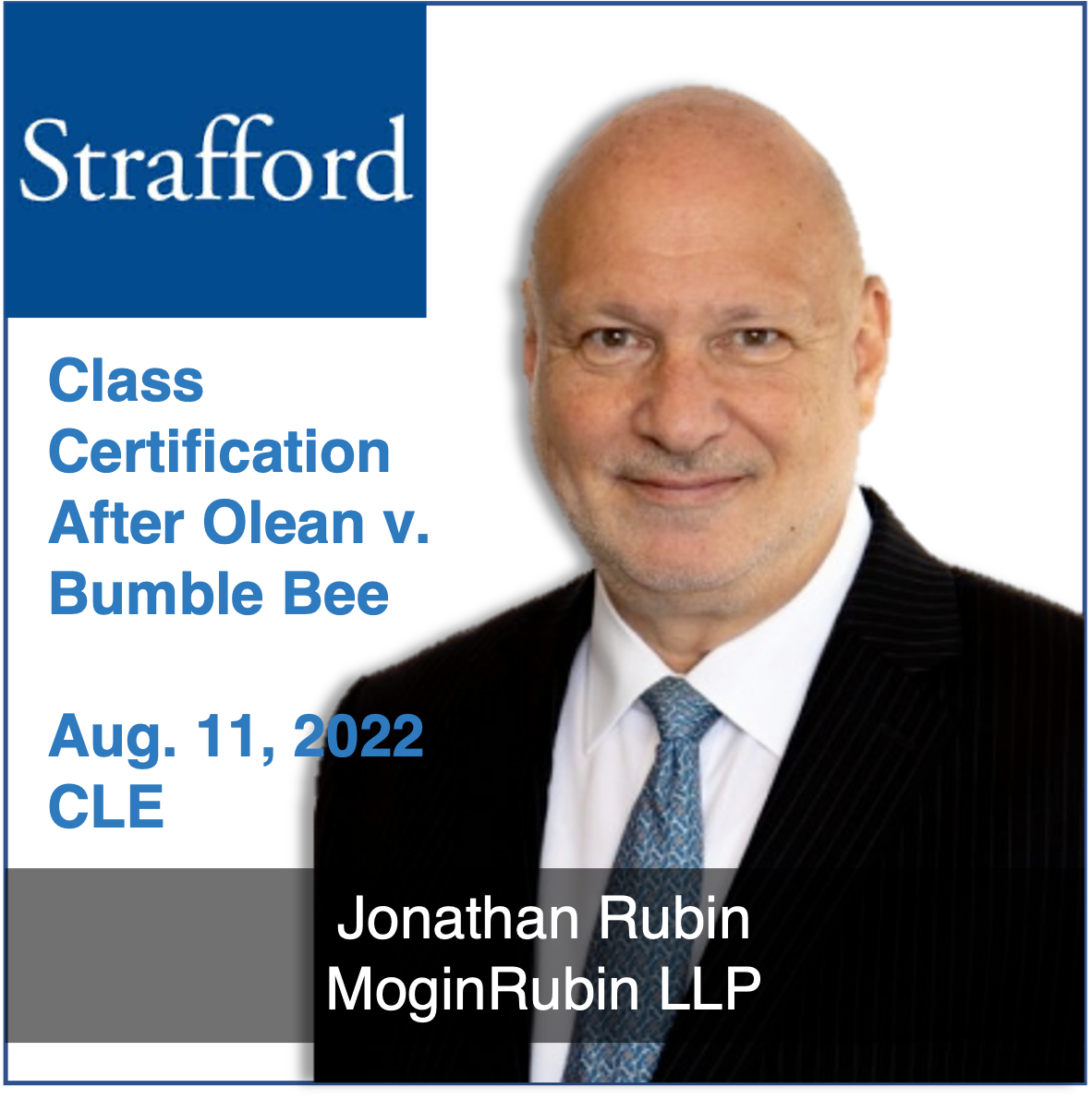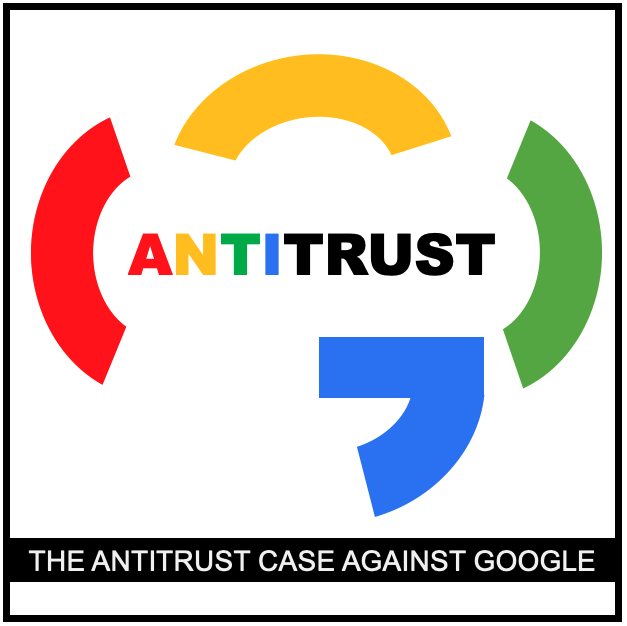Sexual Abuse Litigation and Insurance Coverage
Insurance Coverage for Sexual Abuse Claims Strategies | Response | Insurance Archeology CLE OnDemand Webinar Sexual abuse claims – such as those involving the Catholic Church and the Boy Scouts of America – have resulted in verdicts and settlements in the tens and hundreds of millions of dollars. The Catholic church alone has paid billions to resolve claims. Verdicts in cases involving adult victims are typically lower than those involving children and teens. A December 2021 $44 million verdict to a Texas woman who was raped at a Hilton Hotel in Houston could signal that juries may be more open to larger awards in such cases. While rapists and abusers face accountability under criminal law (and sometimes under civil law as well), businesses and institutions of all shapes and sizes are increasingly finding themselves confronting claims that they bear some of the responsibility for instances of sexual molestation, abuse and harassment. Several standard types of liability insurance provide coverage for such claims. In this webinar the panel discusses the elements of this coverage and the sensitive aspects of such claims. If you answer yes to any of these questions, this webinar is for you: Is your organization or your clients at risk of facing sexual abuse accusations? Would your organization [...]

